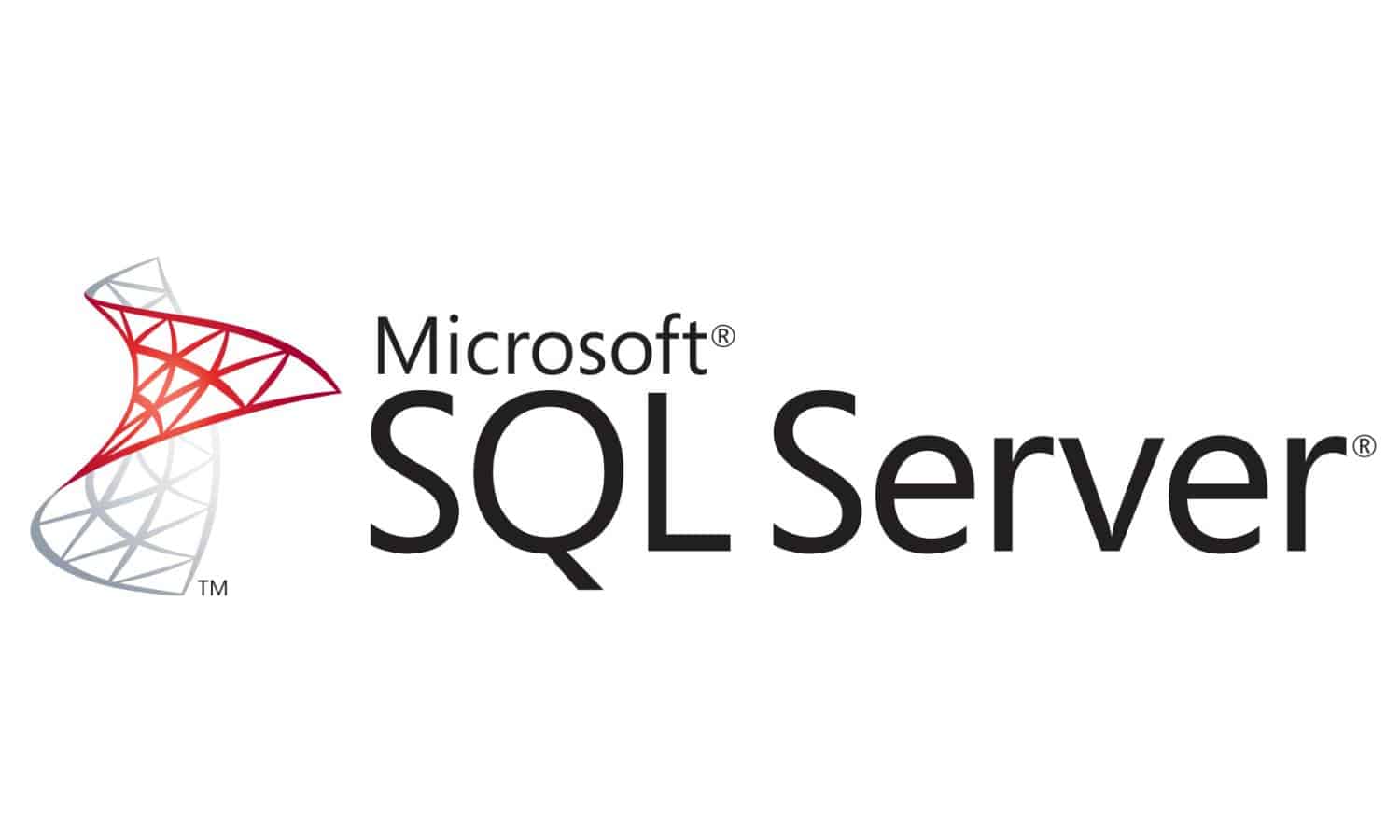
"RC0 introduces a number of notable new features, including official support for Ubuntu 24.04 in development and testing scenarios and the default enablement of TLS 1.3. Support for Ubuntu 24.04 is currently limited to the Enterprise Evaluation Edition, which is available for 180 days. For production, Microsoft currently recommends SQL Server 2022 in combination with Ubuntu 22.04 or RHEL 9. This gives organizations the opportunity to experiment with the latest Linux distribution and prepare for a later production-ready release."
"Microsoft is immediately tightening security with TLS 1.3. This version of the protocol offers stronger encryption and a more efficient handshake, providing better protection for data traffic between databases and applications. For organizations that have to comply with strict compliance requirements, this may be an important reason to test SQL Server 2025 early on. In addition to these basic updates, Microsoft is focusing heavily on AI and performance."
"The new version includes built-in vector embedding support, with optimizations in both the .NET and JDBC drivers. According to Microsoft, this translates into significant performance gains: read operations are up to fifty times faster, write operations are more than three times faster, and bulk copy operations will end up being nineteen times faster. Such improvements are relevant for workloads involving machine learning, search applications, and generative AI, where speed and scalability are crucial."
SQL Server 2025 Release Candidate RC0 introduces official Ubuntu 24.04 support for development and testing and enables TLS 1.3 by default. Ubuntu 24.04 support is limited to the Enterprise Evaluation Edition for 180 days, and production is recommended on SQL Server 2022 with Ubuntu 22.04 or RHEL 9. TLS 1.3 improves encryption and handshake efficiency to better protect database-to-application traffic. Built-in vector embedding support and .NET/JDBC driver optimizations deliver large read, write, and bulk copy performance gains for machine learning, search, and generative AI workloads. SQL Server Management Studio gains Copilot integration and native JSON support.
Read at Techzine Global
Unable to calculate read time
Collection
[
|
...
]